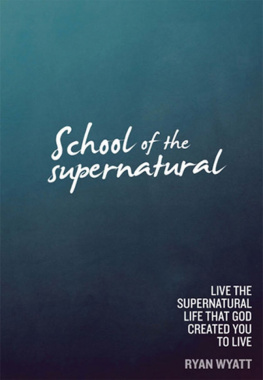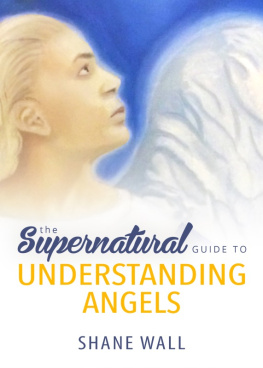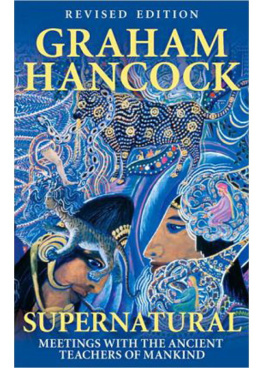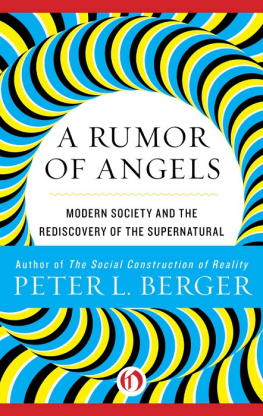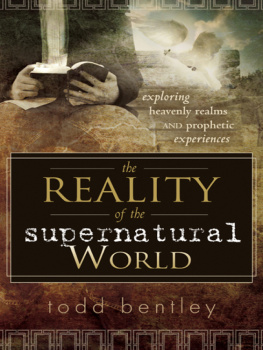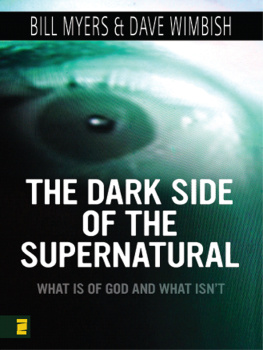Copyright Manchester University Press 2020
While copyright in the volume as a whole is vested in Manchester University Press, copyright in individual chapters belongs to their respective authors, and no chapter may be reproduced wholly or in part without the express permission in writing of both author and publisher.
Published by Manchester University Press
Altrincham Street, Manchester M1 7JA
www.manchesteruniversitypress.co.uk
British Library Cataloguing-in-Publication Data
A catalogue record for this book is available from the British Library
ISBN 978 1 5261 3442 4 hardback
First published 2020
The publisher has no responsibility for the persistence or accuracy of URLs for any external or third-party internet websites referred to in this book, and does not guarantee that any content on such websites is, or will remain, accurate or appropriate.
Typeset by Newgen Publishing UK
Georgie Blears is a trainee at American law firm Latham & Watkins. She studied intellectual and cultural history in medieval and early modern Europe at the University of Edinburgh, and her chapter in this book arose from her honours dissertation.
Michelle D. Brock is Associate Professor of History at Washington and Lee University. She is author of Satan and the Scots: The Devil in Post-Reformation Scotland, c.15601700 (Routledge, 2016) and co-editor of Knowing Demons, Knowing Spirits in the Early Modern Period (Palgrave Macmillan, 2018). She is currently working on religious life in Covenanted Scotland.
Julian Goodare is Professor of History at the University of Edinburgh. He is director of the online Survey of Scottish Witchcraft, and his most recent book is The European Witch-Hunt (Routledge, 2016). He is currently working on various aspects of witchcraft and popular culture in Scotland and Europe.
Janet Hadley Williams is Honorary Lecturer in English and Drama at the Australian National University. She has edited Sir David Lyndsay: Selected Poems (ASLS, 2000), A Companion to Medieval Scottish Poetry (D. S. Brewer, 2006, with Priscilla Bawcutt) and Duncane Laideus Testament and Other Comic Poems in Older Scots (Scottish Text Society, 2016).
Felicity Loughlin is Research Fellow in History at the University of St Andrews. She has published on the classical scholarship of Thomas Blackwell (170157) in the Records of the Scottish Church History Society. Her research interests lie in the intellectual, religious and cultural history of early modern Europe.
Martha McGill is British Academy Postdoctoral Fellow at the University of Warwick, where she is pursuing a project on Bodies, Selves, and the Supernatural in Early Modern Britain. She is author of Ghosts in Enlightenment Scotland (Boydell, 2018).
Hamish Mathison is Lecturer in English at the University of Sheffield. He has published widely on eighteenth-century Scottish literature, book history and print culture. Recent work includes On Robert Burns: Enlightenment, Mythology and the Folkloric, in The Voice of the People, ed. Matthew Campbell and Michael Perraudin (Anthem, 2012).
Alasdair Raffe is Senior Lecturer in History at the University of Edinburgh. He is author of The Culture of Controversy: Religious Arguments in Scotland, 16601714 (Boydell, 2012), Scotland in Revolution, 16851690 (Edinburgh University Press, 2018) and numerous articles on religion, politics and ideas in early modern Scotland.
Jane Ridder-Patrick is an independent scholar whose doctorate from the University of Edinburgh focused on astrology in early modern Scotland. She specialises in the psychological and medical applications of astrology, and her books include A Handbook of Medical Astrology (Penguin/Arkana, 1990).
Michael B. Riordan recently graduated from the University of Cambridge with a doctorate examining mystical and prophetic traditions in early modern and Enlightenment Scotland. He is working on a monograph on the religious culture of moderate episcopacy, The Moral Reformation in Scotland, 16601730, to be published by Oxford University Press.
Domhnall Uilleam Stibhart is Senior Lecturer at Sabhal Mr Ostaig, University of the Highlands and Islands. He has edited The Life and Legacy of Alexander Carmichael (Islands Book Trust, 2008) and has published widely on the history, literature, ethnology and oral tradition of the Scottish Gidhealtachd.
Liv Helene Willumsen is Professor Emerita of History at the University of Troms the Arctic University, Norway. Her specialism is witchcraft trials in Scotland and northern Norway, and her books include Witches of the North: Scotland and Finnmark (Brill, 2013). She is currently researching transference of demonological ideas across Europe.
This volume was planned at the University of Edinburgh, where both of the editors were then based. Within the university we are particularly grateful to its Institute for Advanced Studies in the Humanities. We also gratefully acknowledge the financial support of the Strathmartine Trust. Professor Colin Kidd and Professor Alasdair A. MacDonald have been helpful. Finally, we are grateful for the support and advice provided by the editorial staff at Manchester University Press.


